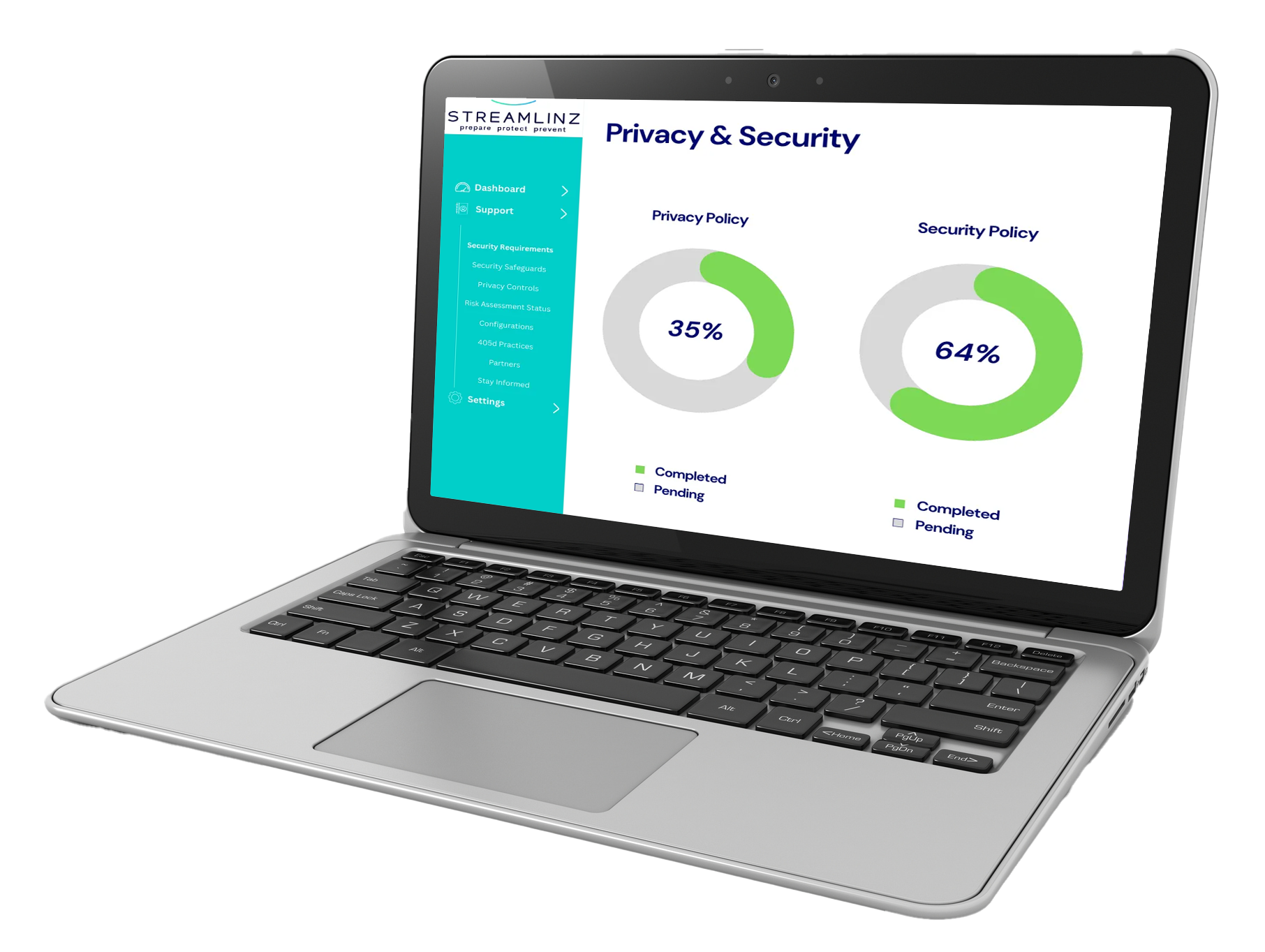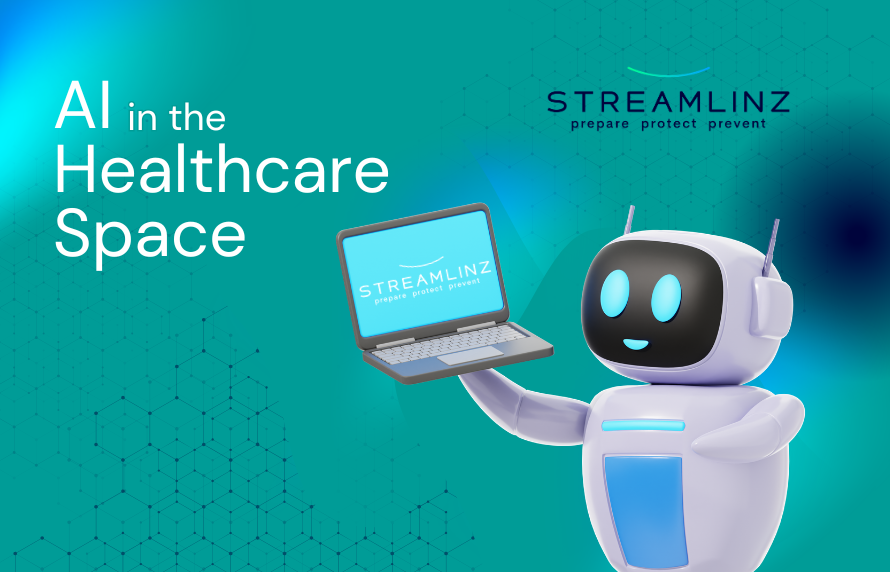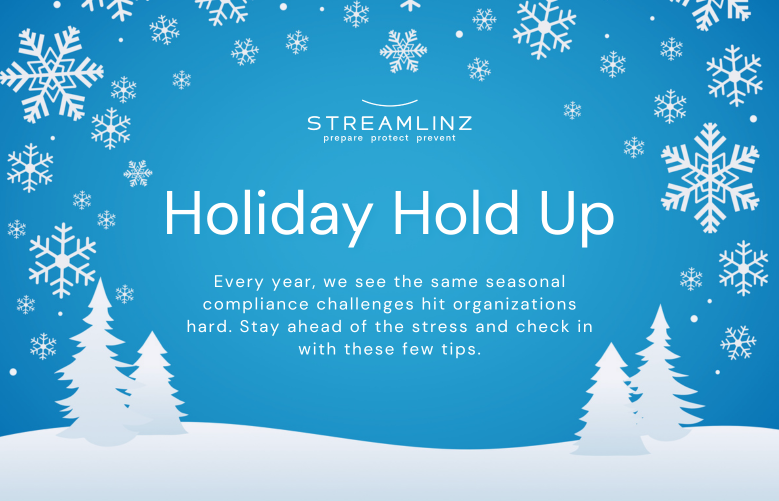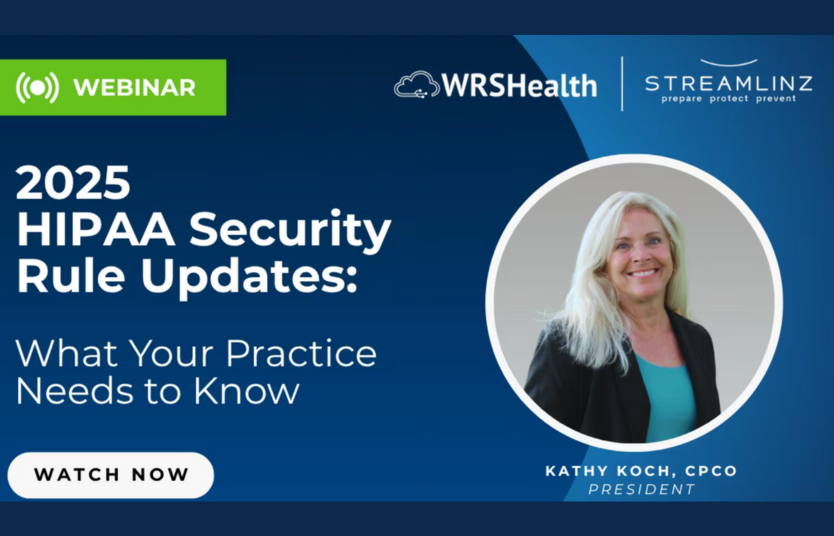Comply with the rules and protect your patients' rights


Why the Privacy Rule is important
The HIPAA Privacy Rule, established under the Health Insurance Portability and Accountability Act (HIPAA), was designed to protect sensitive patient information from unauthorized access. It requires covered entities (health plans, providers, and other covered entities to safeguard patients Protected Health Information (PHI).
Violations of the HIPAA Privacy Rule could lead to significant fines and consequences.
These are common violations that our solutions can help you minimize or avoid.
Improper Disposal of Protected Health Information (PHI)
Properly disposing of PHI is crucial to maintaining patient privacy. Lack of knowledge or negligence at times may cause staff to discard documents containing sensitive information in unsecured locations, leaving them vulnerable to unauthorized access. The same is true for electronic records, which must be securely deleted or wiped clean before being discarded from computers, smartphones, and other electronic devices. Fines for failing to adhere to these standards puts patients at risk exposes providers to fines under federal law. The penalty for violating the Privacy Rule through careless disposal can result in fines ranging from $100 to $68,928 per violation, depending on the level of culpability. Criminal penalties can also be imposed for intentional violations, leading to fines and potential imprisonment.
Unauthorized Access and Disclosure of PHI
Intentionally or unintentionally viewing, sharing, or using PHI without authorization is another common violation. The consequences of violating the HIPAA Privacy Rule in this manner can be detrimental to the individual and the healthcare organization. Not only do responsible individuals face disciplinary action within their organization, but also potential civil and criminal penalties under federal law.
Lack of Appropriate Safeguards
The lack of appropriate safeguards against unauthorized individuals accessing stored PHI physically or electronically can cover many situations from physical items like an unlocked file room to electronic items such as outdated software that leaves an organization vulnerable to a breach.
Inadequate Training of Employees on Policies & Procedures
Regular training is crucial for all staff members, ensuring that they understand the importance of confidentiality and are aware of potential threats. Failure to provide this can lead to an inadvertent data breaches or unauthorized disclosures that results in financial penalties and damage to the organization’s reputation.
The “Minimum Necessary” Standard
This guideline stipulates that covered entities should only access or disclose the least amount of PHI needed to accomplish their intended purpose. Failure to adhere to this principle can result in unintended exposure of sensitive health records beyond those that need to know, putting patients at risk for identity theft or other harm.
949-994-9689
CALL US TODAY TO SCHEDULE A DEMO
Privacy Questions
What does the Privacy Rule cover?
The HIPAA Privacy Rule establishes national standards to protect individuals’ medical records and other individually identifiable health information (collectively defined as “protected health information”) and applies to health plans, health care clearinghouses, and those health care providers that conduct certain health care transactions electronically. The Rule requires appropriate safeguards to protect the privacy of protected health information and sets limits and conditions on the uses and disclosures that may be made of such information without an individual’s authorization. The Rule also gives individuals rights over their protected health information, including rights to examine and obtain a copy of their health records, to direct a covered entity to transmit to a third party an electronic copy of their protected health information in an electronic health record, and to request corrections.
Does Streamlinz offer assistance on the Privacy Rule?
Yes, Streamlinz offers consultative and training services. Please contact us for a customized review and options.
How often do we need to complete an assessment?
Consistent education and training as well as ongoing review of your policies and procedures related to privacy are essential in maintaining a secure environment.
Failure to do this can lead to unwanted exposure and penalties for your healthcare organization.
What you get with the Privacy Risk Assessment
AI Guided Assistance
A step by step guide of the HIPAA Privacy Rule through the requirements of both the Privacy and Breach Notification Rules positioning you to compliance.
Automated Tasks
Task lists assigned to the proper resources with automated reminders to ensure tasks are tracked and monitored through completion.
Remediation Plan
A fully documented set of steps required to verify the organization has assessed all components of the HIPAA Privacy Rule on an annual basis.
Business Intelligence
One touch reporting on dashboards and compliance reports for distribution throughout the enterprise and outside reporting agencies.
Cost of Non-Compliance
Streamlinz At a Glance
%
Small businesses report closing their doors 6 months after a large data breach
Average fine PER Breach, for small companies
Streamlinz templates available
Years in the Industry
Streamlinz cuts HIPAA compliance risks and keeps you protected. Prepare, Protect and Prevent - Our solutions save you time with a guaranteed positive ROI.
Get personalized care and expert guidance to achieve your compliance goals.

949-994-9689
Have Questions? Ask Us Anything!
Read the latest tips and news in the compliance world.

AI in the Healthcare Space: Is Your Usage HIPAA Compliant?
It is the one topic you cannot seem to escape no matter what setting you are in. Whether you’re...

Holiday Hold Ups: Issues with Compliance During the Holiday Season
Picture this: You are sitting by the fire, under a warm blanket, while watching the twinkling...

2025 HIPAA Security Rule Updates: What Your Practice Needs to Know
https://vimeo.com/1130797421?fl=pl&fe=sh
